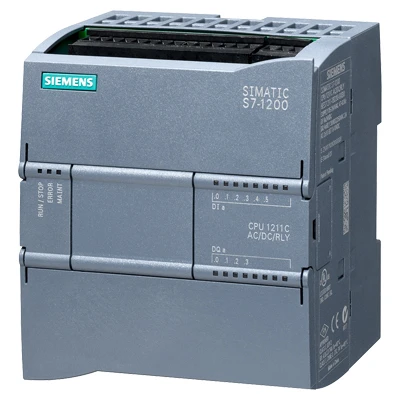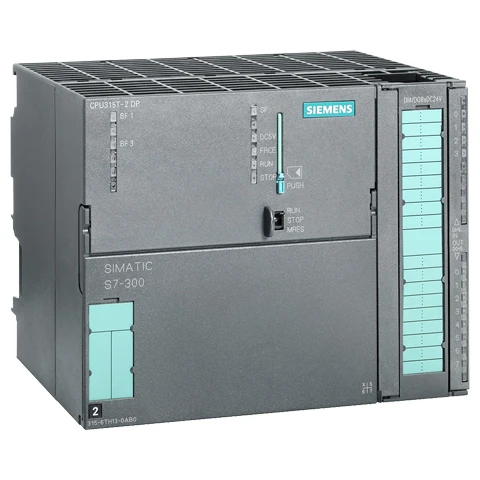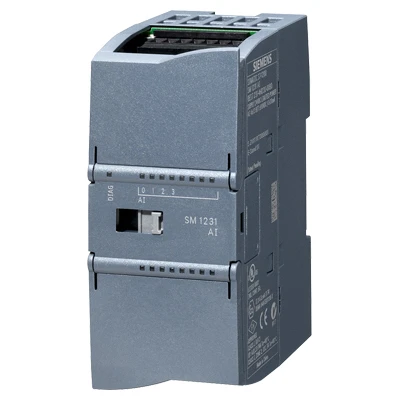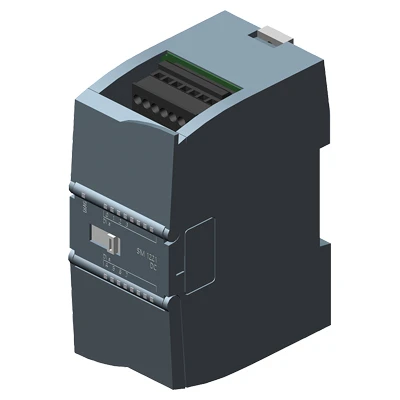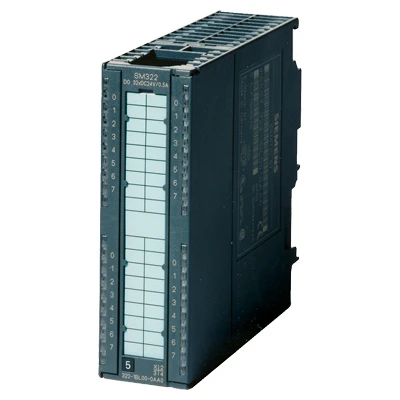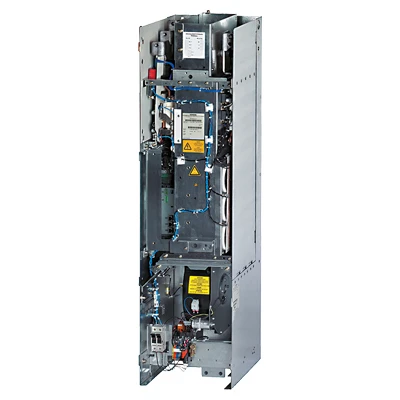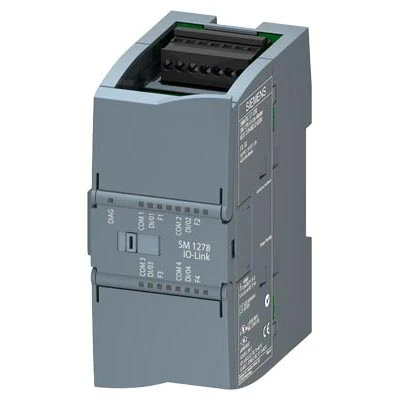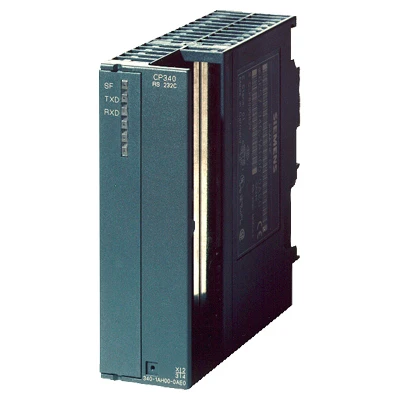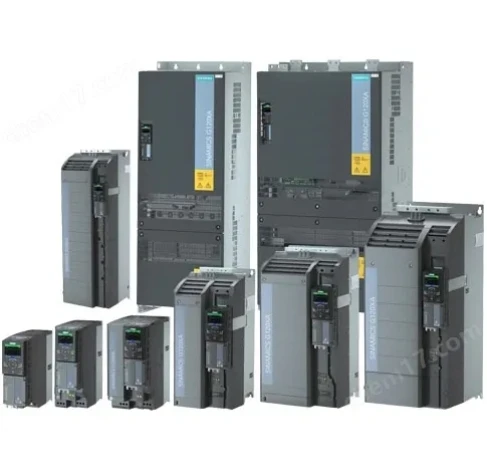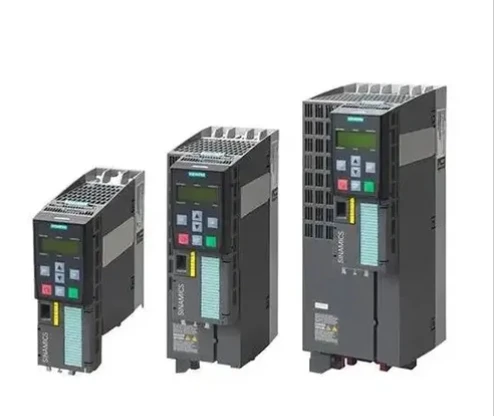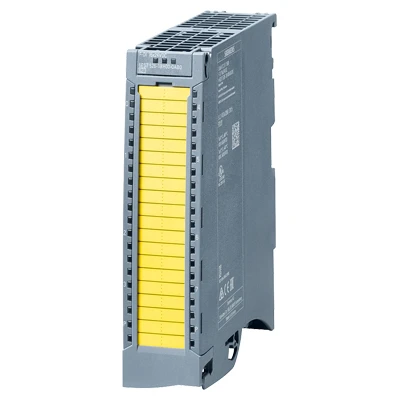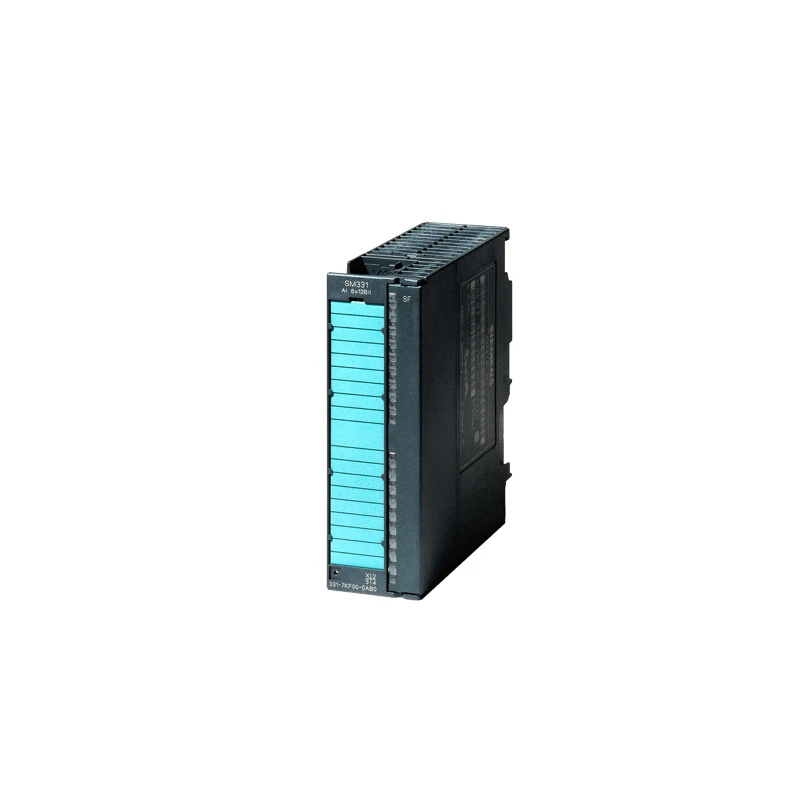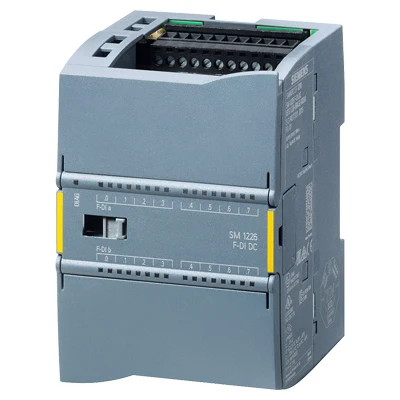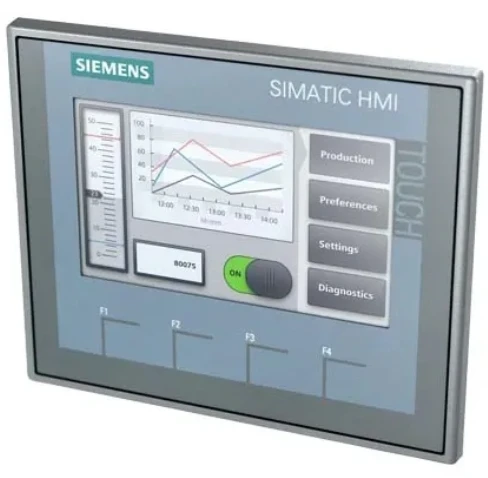S7-300 Analog Input Module - Tianjin Yongkai International Trade Co., Ltd.
Introduction
The S7-300 analog input module represents a cornerstone in modern industrial automation systems. Designed for high-precision data acquisition, this module is engineered to meet the rigorous demands of industrial environments. Developed by Tianjin Yongkai International Trade Co., Ltd., a leading provider of automation solutions, the S7-300 analog input module is a testament to the company's commitment to innovation and reliability.
With its advanced technical specifications and versatile applications, the S7-300 analog input module is a critical component for industries requiring accurate monitoring and control of analog signals. This article delves into the product's features, advantages, technical parameters, and real-world applications, while also exploring the company's background and its role in the broader context of industrial automation.
Product Overview
The S7-300 analog input module is a specialized hardware component designed to interface with various analog sensors and transducers. It serves as a bridge between physical processes and digital control systems, enabling precise data collection and real-time monitoring. The module's ability to handle a wide range of input signals makes it a versatile tool for industrial automation, where accuracy and reliability are paramount.
Key features of the S7-300 analog input module include:
- 8 analog inputs with 13-bit accuracy (or 9/12/14-bit precision)
- Compatibility with voltage and current sensors, thermoelectric couplings, resistors, and resistance thermometers
- High reliability and robust design for industrial environments
These features ensure that the module can adapt to diverse industrial scenarios, from temperature monitoring to process control. The module's flexibility in precision settings allows users to tailor its performance to specific application requirements.
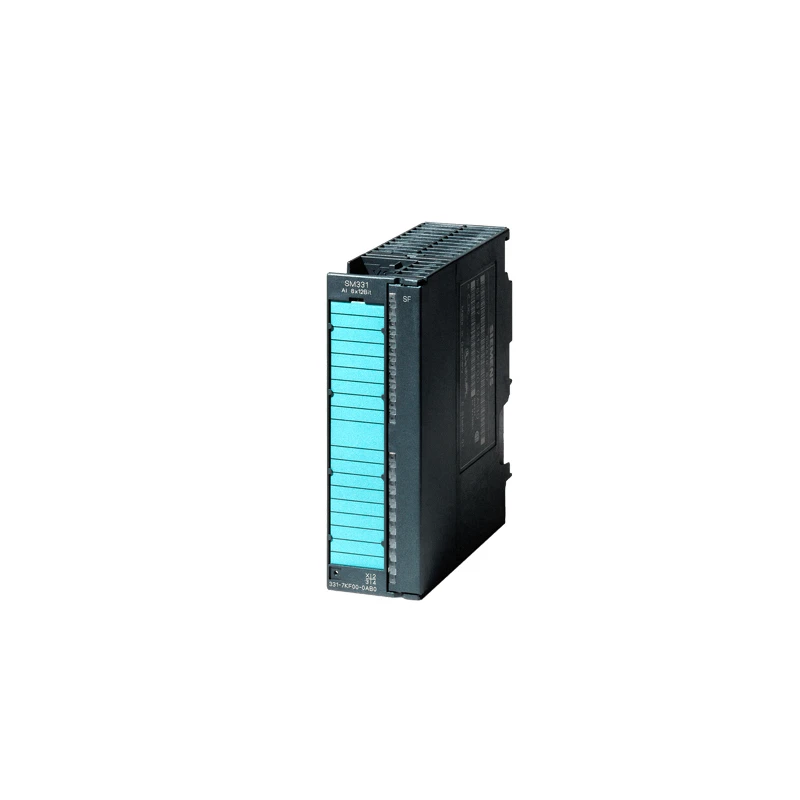
Technical Specifications
The S7-300 analog input module is equipped with advanced technical specifications that ensure its effectiveness in industrial applications. Below is a detailed overview of its parameters:
| Parameter | Specification |
|---|---|
| Number of Analog Inputs | 8 |
| Resolution | 13-bit (with optional 9/12/14-bit precision) |
| Input Types | Voltage sensors, current sensors, thermoelectric couplings, resistors, resistance thermometers |
| Signal Range | Varies based on connected sensors (e.g., 0-10V, 4-20mA) |
| Operating Temperature | -20°C to +70°C |
| Power Supply | 24V DC |
| Communication Interface | Standard industrial bus (e.g., PROFIBUS, Ethernet) |
The module's technical specifications highlight its adaptability and performance in demanding industrial conditions. Its high-resolution analog inputs ensure minimal signal loss, while its wide operating temperature range guarantees stability in extreme environments.
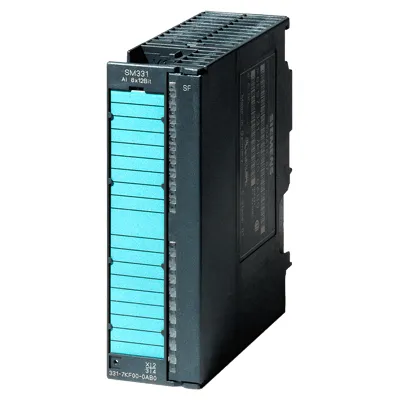
Key Features and Advantages
The S7-300 analog input module offers several advantages that make it a preferred choice in industrial automation:
- High Precision: With 13-bit accuracy, the module ensures minimal measurement errors, which is critical for applications requiring exact data.
- Flexibility: The ability to adjust precision settings (9/12/14-bit) allows users to optimize performance based on specific needs.
- Compatibility: The module supports a wide range of sensor types, making it suitable for diverse industrial applications.
- Reliability: Designed for harsh environments, the module maintains consistent performance even under challenging conditions.
- Integration: Seamless compatibility with industrial control systems enhances system efficiency and reduces downtime.
These features collectively ensure that the S7-300 analog input module can handle complex industrial processes with ease. Its reliability and precision make it an essential component for industries where data accuracy is non-negotiable.
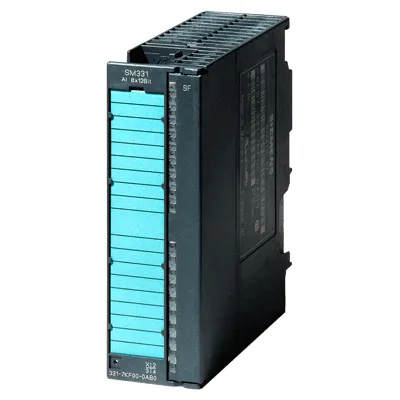
Applications in Industrial Automation
The S7-300 analog input module finds extensive applications across various industrial sectors. Its ability to interface with multiple sensor types makes it a versatile solution for process control, monitoring, and automation. Key applications include:
- Temperature Monitoring: The module can connect to resistance thermometers and thermoelectric couplings to monitor temperature in manufacturing processes.
- Process Control: By integrating with voltage and current sensors, the module enables precise control of industrial processes, ensuring optimal performance.
- Energy Management: The module's compatibility with current sensors allows for real-time monitoring of energy consumption, aiding in efficient resource management.
- Quality Assurance: High-precision measurements contribute to maintaining product quality by detecting deviations in real-time.
These applications underscore the module's role in enhancing operational efficiency and reducing costs. For instance, in the pharmaceutical industry, the module can monitor temperature and pressure parameters to ensure compliance with stringent quality standards.
Company Background: Tianjin Yongkai International Trade Co., Ltd.
Tianjin Yongkai International Trade Co., Ltd. is a prominent player in the automation and industrial equipment sector. With a focus on providing innovative solutions, the company has established itself as a trusted partner for businesses seeking reliable automation systems. Their expertise in manufacturing and supplying industrial components, including the S7-300 analog input module, reflects their commitment to quality and customer satisfaction.
As a VFD manufacturers and VFD suppliers, Tianjin Yongkai caters to a wide range of industries, offering tailored solutions that meet specific operational requirements. The company's dedication to research and development ensures that its products remain at the forefront of technological advancements in automation.
By adhering to international standards and continuously improving its product offerings, Tianjin Yongkai has built a reputation for excellence in the industrial automation market.
Industry Standards and Reliability
The S7-300 analog input module aligns with industry standards to ensure its reliability and performance. The National Institute of Standards and Technology (NIST) plays a critical role in establishing benchmarks for measurement and technology. According to NIST, "Precise measurements are essential for advancing technology and improving the quality of life for all Americans" (NIST, 2025). This underscores the importance of high-accuracy components like the S7-300 analog input module in industrial applications.
The module's design adheres to these standards, ensuring that it meets the stringent requirements of modern industrial systems. Its reliability is further validated by its ability to perform consistently under varying conditions, making it a trusted solution for critical operations.
Conclusion
The S7-300 analog input module is a vital component in industrial automation, offering precision, flexibility, and reliability. Its advanced technical specifications and wide range of applications make it an indispensable tool for industries seeking efficient and accurate data acquisition. Developed by Tianjin Yongkai International Trade Co., Ltd., the module exemplifies the company's dedication to innovation and quality.
As industries continue to evolve, the demand for high-precision automation solutions will only grow. The S7-300 analog input module, with its robust design and adaptability, is well-positioned to meet these demands. By leveraging the latest advancements in technology, Tianjin Yongkai ensures that its products remain at the forefront of industrial automation, empowering businesses to achieve greater efficiency and accuracy.
References
National Institute of Standards and Technology (NIST). (2025). Driving Innovation. Retrieved from https://www.nist.gov.

